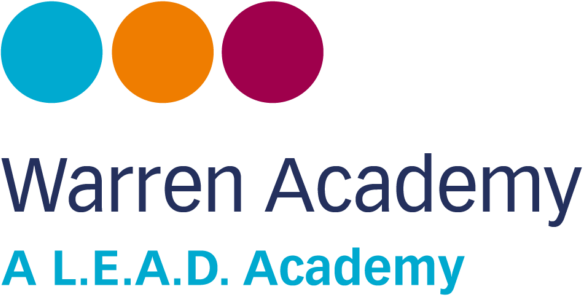Intent
At Warren Primary Academy, we believe that every child should have the opportunity to learn from a curriculum about a broad range of historical concepts and events. History should encourage children to develop a love of learning about the past, and explore key events in all parts of world history. Children will be a taught a bespoke history curriculum that champions everyone’s history, giving them the opportunity to respect and understand everyone’s culture and differences. Teachers show children how to use historical evidence to search for answers, showing them the potential roles they may have as historians in the future, and providing them with the enquiry skills to be able to do so. Pupils at Warren develop a passion for history through creative, engaging and exciting lessons, which we aim to last forever.
Aims
The national curriculum for history aims to ensure that all pupils:
- Know and understand the history of these islands as a coherent, chronological narrative, from the earliest times to the present day: how people’s lives have shaped this nation and how Britain has influenced and been influenced by the wider world
- Know and understand significant aspects of the history of the wider world: the nature of ancient civilisations; the expansion and dissolution of empires; characteristic features of past non-European societies; achievements and follies of mankind
- Gain and deploy a historically grounded understanding of abstract terms such as ‘empire’, ‘civilisation’, ‘parliament’ and ‘peasantry’
- Understand historical concepts such as continuity and change, cause and consequence, similarity, difference and significance, and use them to make connections, draw contrasts, analyse trends, frame historically-valid questions and create their own structured accounts, including written narratives and analyses
- Understand the methods of historical enquiry, including how evidence is used rigorously to make historical claims, and discern how and why contrasting arguments and interpretations of the past have been constructed History – key stages 1 and 2 2
- Gain historical perspective by placing their growing knowledge into different contexts, understanding the connections between local, regional, national and international history; between cultural, economic, military, political, religious and social history; and between short- and long-term timescales
Implementation
Units of History work will be carefully planned and sequenced by teachers, in order to secure the children’s chronological understanding of the period of time being studied. Children will also begin to know where the period of time being studied fits in, when looking at all periods of history, from the dinosaurs to modern day. The History curriculum is delivered through a wide range of approaches and experiences. The children’s learning in enriched through out of school visits, and visitors in school, for most areas of the History curriculum. Prior knowledge is retrieved regularly through ‘Power ups’ at the beginning of each lesson, where they practice previous learning. Teachers impart knowledge where necessary, but allow children time to practice a wide range of enquiry skills using a range of research methods. Children will become historians in their lessons, and take ownership of their own learning, further developing a love for learning about the past.
